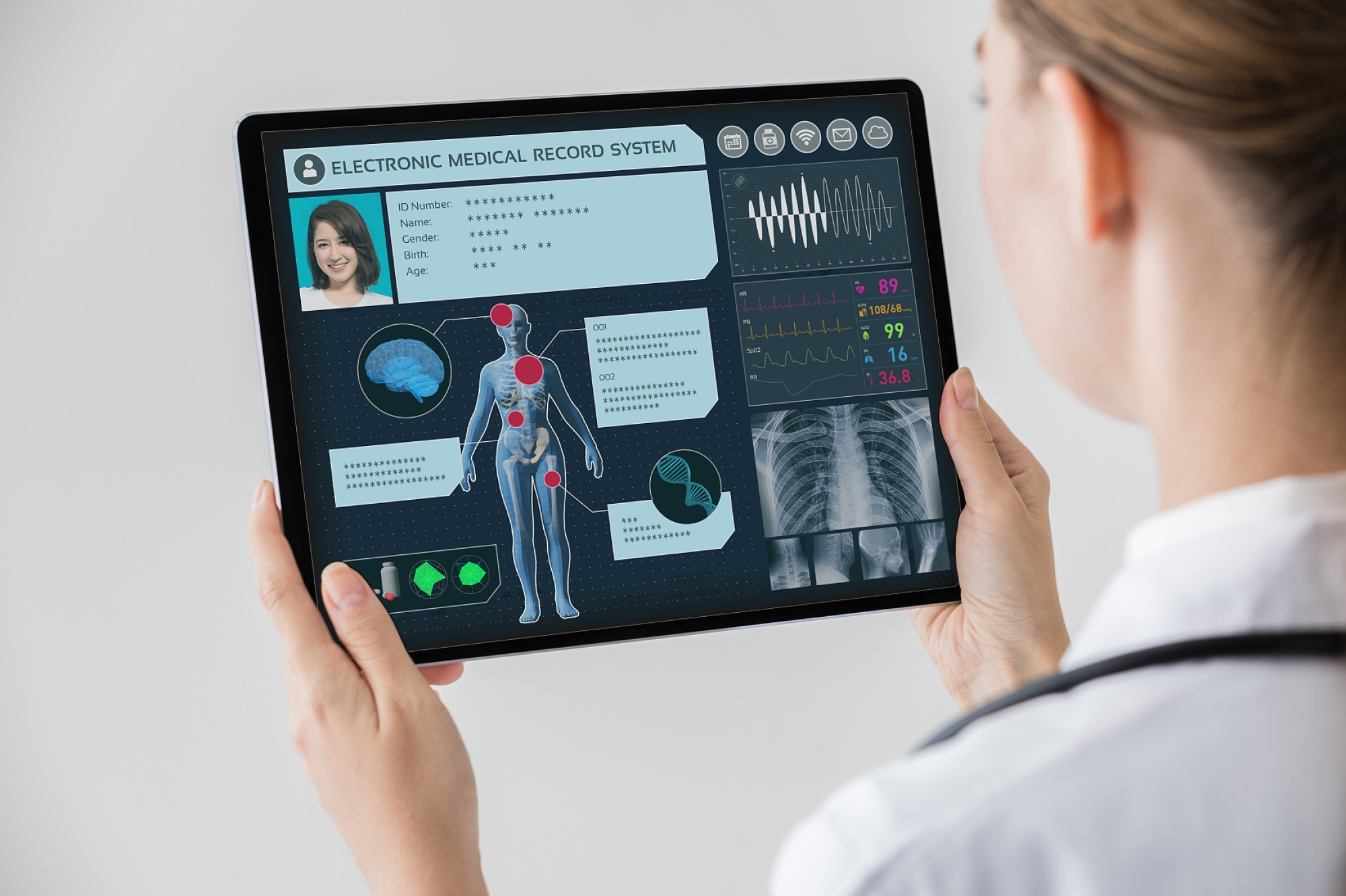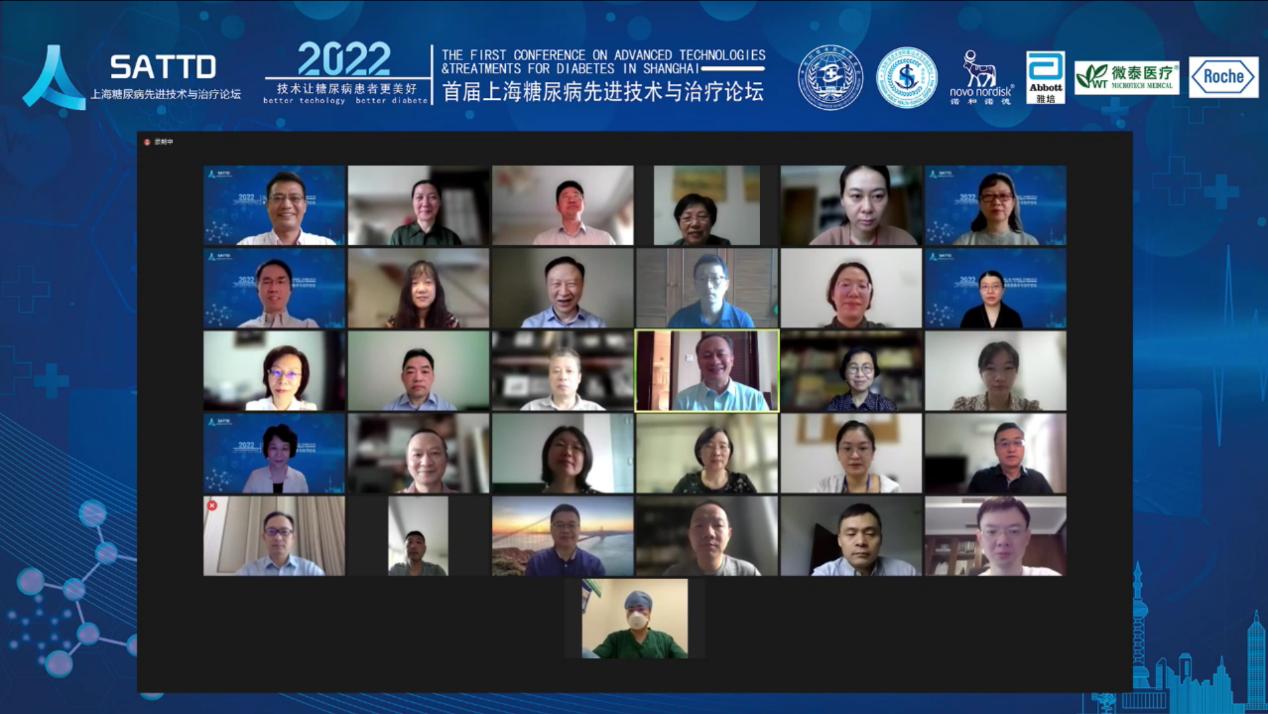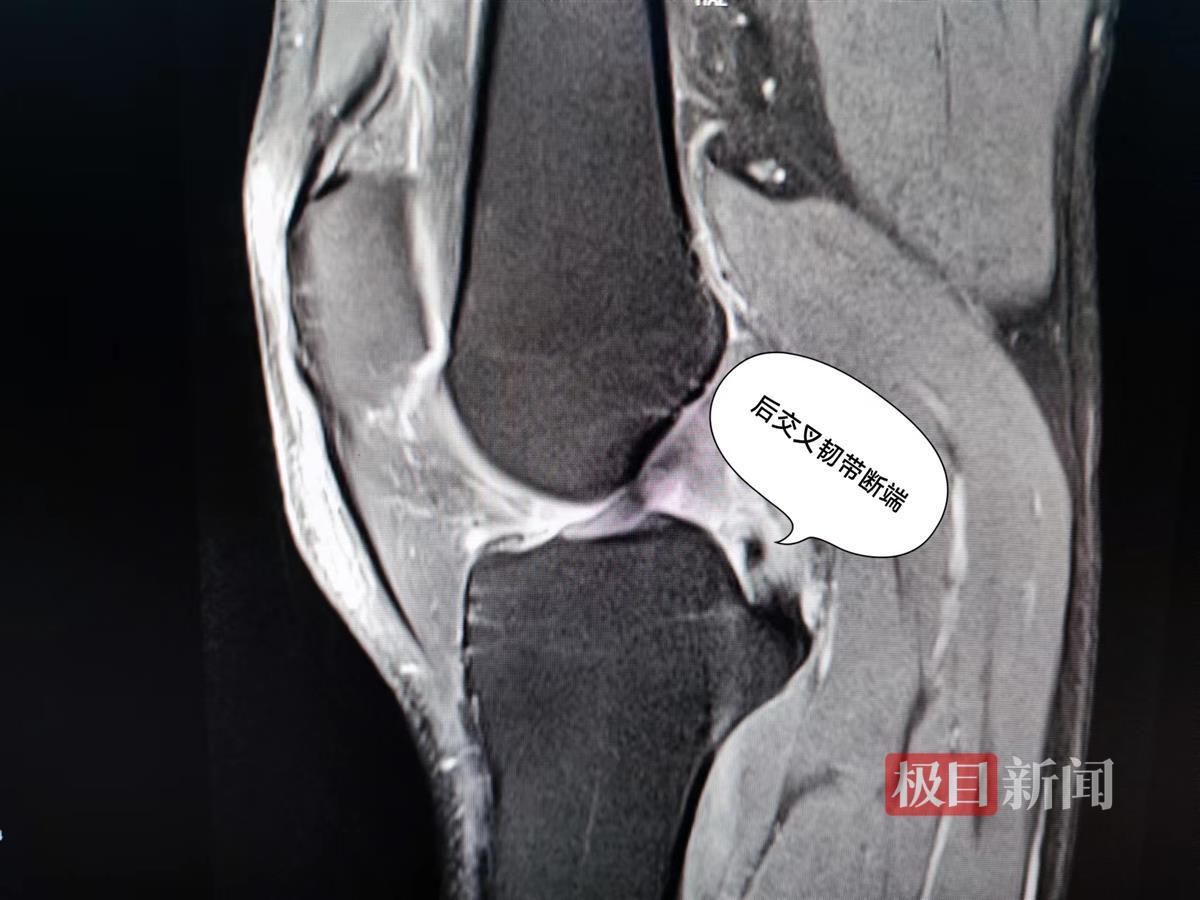More and more new drugs, why can't we improve the rate of blood sugar and blood pressure in patients with diabetes?This forum gives the answer
Author:Report Time:2022.08.07

A few days ago, the first Shanghai Diabetes Advanced Technology and Treatment Forum was held online. Participating experts discussed the intelligent management of information intelligence in diabetes from multiple angles such as doctors, patients, chronic disease management teams, corporate research and development, and investors.
Experts mentioned that under the guidance of patient -centered diagnosis and treatment concepts, focusing on the goal of achieving everyone becoming slow disease managers, endocrine doctors should not only use the latest drug treatment methods, but also be good at applying advanced diabetic technology treatment methods. Reduce patients 'self -management difficulties, stimulate the internal driver for patients' self -management, and fundamentally correct the strange circle of "more and more new drug research and development but not improving the rate of blood sugar and blood pressure in diabetic patients."
Digital diabetes medical management is no longer a dream
At present, the incidence of type 1 diabetes in my country ranks fourth in the world. Compared with type 2 diabetes, intelligent monitoring equipment is needed. In the past 30 years, the incidence of diabetes has spawned the development of digital medical treatment in the management of diabetes.
Right now, the application of digital medicine in diabetes management is reflected in all aspects, including continuous glucose monitoring technology, insulin therapy technology, remote medical technology, and electronic medical records.
The application of digital medical care in diabetes management makes the intelligent and humanized management of blood sugar in different scenarios, and the beneficiaries are more widely beneficial. Advanced technologies will further improve the accuracy and accuracy of testing, and the trauma of patient It is expected to achieve medical insurance coverage in the future and reduce the economic burden of patients.
At present, the development of digital medical care has also had a certain dilemma. For example, the clinical effectiveness, accuracy and safety are not sufficient, and the data of long -term results is lacking; the personalized solutions of patients' needs and expectations need to be fully considered; at the same time, there are digital cultural barriers.
Experts have mentioned that how to further develop in the future requires multi -party efforts to break the current dilemma of digital medical treatment in diabetes.
Domestic teams have carried out clinical research on open source artificial pancreas
The development of artificial intelligence technology blood glucose control algorithms makes artificial pancreas possible.
It is reported that artificial pancrers can automatically adjust the insulin dose, reduce the risk of hypertrophic glucose and hypoglycemia, and make blood sugar control stable. At present, artificial pancreas have undergone three generations of iteration updates. From the first generation of polar hypoglycemia, the pump is stopped, and the low blood glucose/hyperglycemia is minimized; The third generation fully automatic multi -hormone closed -loop infusion system.
The advancement of technology has made the development of artificial pancreas more and more closely fit the needs of patients. There are already 3 artificial pancreas abroad for listing, and more than 10 models are to be listed.
At present, there is no successful manual pancreas in China. The research and development and clinical application of artificial pancreas requires multi -disciplinary team collaboration. Professor Weng Jianping's team of the First Council of the University of Science and Technology of China has taken the lead in carrying out clinical research on open source artificial pancreas in China. Preliminary research data suggests that the level of blood glucose control in patients with type 1 diabetes can be further improved, with less serious side effects.
Slow disease management explores the "Big Clinic Small Ward" model
At this conference, the "Big Clinic Small Ward" model shared by Professor Zhao Xiaolong of the Shanghai Public Health Clinical Center of Public Health Clinical Center is undoubtedly a highlight. Based on overseas study experience, Zhao Xiaolong introduced a mature diagnosis and treatment model such as foreign "clinics small ward" for the first time to the domestic endocrine field and practiced.
What is the "clinic clinic"? Zhao Xiaolong introduced that by putting a part of the function of the ward in the outpatient clinic, the patient's hospitalization time was shortened, but 2-3 days of inspection work can be completed at night. Spending less, the patient's experience is good, and it is in line with the trend of the national medical reform DRG charging trend.
Of course, this also puts forward higher requirements for patients' education and informatization management. The Zhao Xiaolong team further strengthened the outpatient education function, set up an independent diabetes education room and specialist nurse to evaluate the quality of the patient's diet and carry out education.
At the same time, the latest intelligent wearable monitoring equipment and smart pills are used to reduce the difficulty of self -management of patients with diabetes and facilitate patients to manage themselves. At the meeting, Zhao Xiaolong shared a case of gestational diabetes that integrates insulin pumps and dynamic blood sugar monitoring.
Based on the blood sugar and insulin conditions of the pregnant woman in real time, doctors can remotely guide the adjustment of the insulin dose. Patients can easily recognize the sugar -lift effect of food based on blood sugar changes, and learn how to choose the right food.

▲ Participating experts take photos online
It is reported that this conference is divided into ten major sections, covering new diabetes in digital diabetes medical care, artificial pancreas, Beyond CGM, and COVID-19, accurate hypoglycemic, digital and diabetic care, diabetic and physiological physiological physiology, New concepts of new diabetes technology, new concepts of new products, sharing of accurate hypoglycemic cases based on a small clinic model, and so on. The conference was co -organized by the Zhongguancun Precision Medicine Foundation, hosted by the Shanghai Public Health Clinical Center Endocrinology Department, and the co -organizing new technical science group for the Blood Globe Monitoring and Treatment of the Shanghai Medical Society of Medical Society.
Author: Li Chenzhen
Edit: Li Chenzhen
Editor in charge: Tang Wenjia
- END -
A total of 375 confirmed cases in 5 days, the latest announcement here: Starting from 6 o'clock today, static management is implemented!
Source: Sanya Release, Shanghai Release, Beijing News, etc.The copyright belongs to the original author, if there is any infringement, please contact it in timeSanya has found 375 cases of confirmed c
Street dancers practice "sliding kneeling", and the knees were hit by the cracking of ligaments

Jimu Journalist Li ManyingCorrespondent Zhang Shaohua Yang JingWhile practicing th...